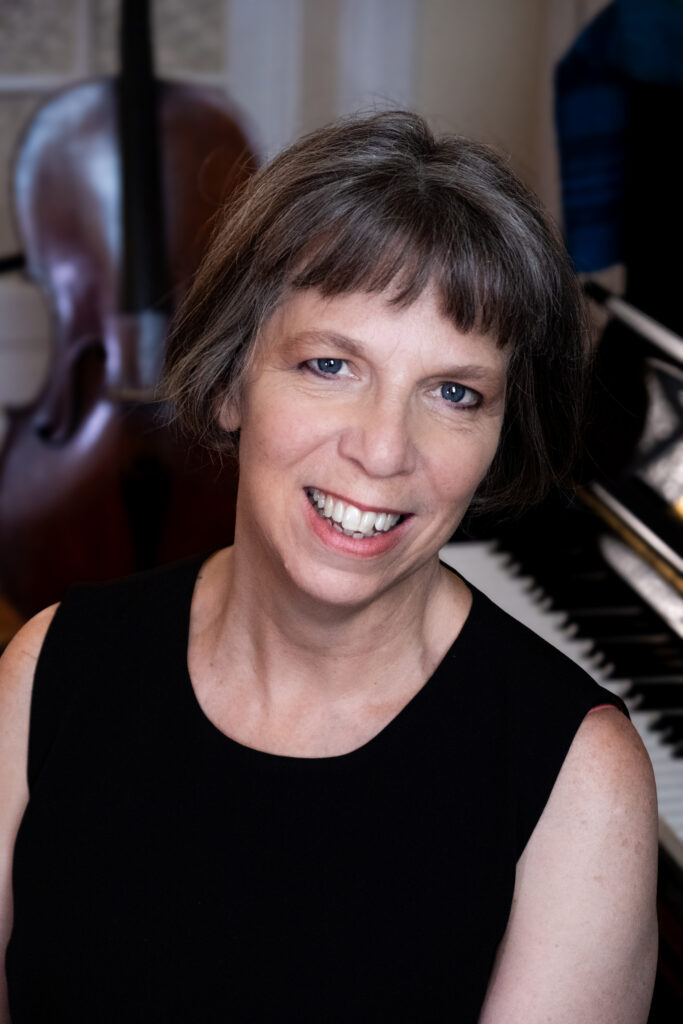This week I came across a debate (in the US) about the term ‘alternative classical’ when describing a certain type of new classical music. This term seems to have been coined back in 2003 by Greg Sandow.
Now, I have got into the habit of saying, when asked what kind of singer I am, ‘classical by training and alternative by disposition’. So I was interested to see if I fit within Sandow’s ‘alternative classical’ genre.
Here’s what he has to say on the matter :
‘We need another term, and I’ll suggest “alternative classical.” For me, it has two virtues. First, it ‘fesses up to our classical heritage. That’s not a bad thing, because classical music still has—and deserves to have—artistic prestige. Even people who think it’s stuffy will largely agree that there’s something artistic going on (or at least that something artistic ought to be going on). So we gain some points by saying we’re classical. (Besides, it’s the truth.)
And by saying we’re “alternative,” we offer two useful thoughts. First, that we’re not mainstream; that we’re thoughtful, interesting, maybe even hip. (More truth.) And second, that we’ve rung some fascinating changes on classical music (which is also very true). For anyone who already thinks classical music has some value, or at least might have, if it’s shorn of all its concert airlessness, that’s a double plus, because now we’re classical, but also interesting. Two points for us.’ NewMusicBox, webmagazine, Nov 1, 2003.
You can read Sandow’s more recent thoughts on the future of classical music here.
Well, I think the music of Stevie Wishart clearly fits this description. Alternative classical it is then – how great to have a label! (NB. ‘Alternative Classical’ should not to be confused with ‘Classic Alternative’, which seems to be used to describe the pop bands of my youth…)

Post a Comment